And in Memory of A.D., who Knew
"We can set up all of the oversight possible, at great additional cost to the American taxpayers, and it won’t be worth an Enron pension if the people responsible lie to us, if they take their records and doctor them into falsehoods and if they get away with it."
It’s too bad the 911 Commission Report didn’t say that.
Senator Mark Dayton (D-MN) said it. A week after the release of the 911 Commission Report, at the Senate Hearing on the Commission’s Recommendations, after seeing the differences between the 911 Report and the official NORAD statement of September 18, 2001.
He continued: "I believe that President Bush must call those responsible for those representations to account. If the Commission’s accounts are correct, he should fire whoever at FAA, at NORAD or anywhere else betrayed the public trust by not telling us the truth – and then he should clear up a few discrepancies of his own."
But the Commission didn’t come to such obvious conclusions. Instead, this is what 911 Commission Vice Chairman Lee Hamilton had to say on July 22, 2004 on the PBS "News Hour with Jim Lehrer" after the release of the Report (emphasis is mine):
JIM LEHRER: What do you say to those who say, when you say everybody is to blame, then essentially nobody is to blame?
LEE HAMILTON: The whole mindset of the Commission is very different from the one your question suggests. Our mindset was focused on the future, not on the past... [Note: How can you focus on the future in an investigation?] We believe that if we had looked back and said, okay, this figure, that figure was responsible for 9/11, it would just have created a firestorm, and we would have had no chance of putting forward recommendations that would be acceptable to the Congress and to the president and to the American people. We would have destroyed any chance of a bipartisan result here.
Unfortunately, "bipartisan" is not the same as "non-partisan" - let alone "independent" – as the families had sought.
And it turns out that Lee Hamilton has a history of being the Republican’s favorite Democrat. This is not the first time he has relinquished the truth for the sake of bipartisanship.
In 1987, then Representative Lee Hamilton (D-IN) was Chairman of the House Select Committee investigating the Iran-Contra affair. A brief history reminder: Undermining both the U.S. Congress and the United Nations, members of the Reagan/Bush National Security Council were caught covertly selling arms to Iran (for its war with Iraq, where Saddam Hussein had just received U.S. arms, helicopters and biological weapons, personally delivered by Donald Rumsfeld [but that’s another story – see Know Bush 5]) and diverting the proceeds to the Contra rebels in their fight to bring down the leftist but democratically-elected Sandinista government in Nicaragua.
Sitting on the Committee with Lee Hamilton was the Chairman of the Republican Policy Committee, Representative Dick Cheney (R-WY). Knowing George H. W. Bush was at last perched for the Presidency, Cheney was determined to block the Democrats from bringing Vice President Bush before the Committee to testify about his Iran-Contra knowledge. Aware of Hamilton's weak spot, the intimidating Cheney pushed on his pride in his bipartisanship, and Hamilton folded. Bush never testified.
In 1992, at the end of his only term as President, George H. W. Bush pardoned five of the Iran-Contra criminals. Now many of those convicted and/or involved have at last been rewarded in his son's administration: John Negroponte - U.S. representative to the United Nations & U.S. Ambassador in Iraq; Richard Armitage - Deputy Secretary of State; Elliott Abrams - Special White House Assistant for Democracy and Human Rights; John M. Poindexter - Director, The Information Awareness Office.
Lee Hamilton did another huge favor for George H.W. Bush five years later, in 1992, when he was Chair of the House Select Committee investigating the "October Surprise" of 1980.
This time, a book entitled October Surprise: America’s Hostages in Iran and the Election of Ronald Reagan, written by former National Security Council desk officer Gary Sick, and published just after the 1991 Gulf War, revealed the 1980 plot to undermine President Carter’s negotiations for the release of the 52 American hostages held in Iran, and specifically accused Vice Presidential candidate and former CIA Director George H. W. Bush and William Casey, Reagan’s presidential campaign manager, of meeting with Iranian Prime Minister Bani-sadr in Paris in October 1980, only weeks before the election. There they allegedly cut a deal where they would provide Iran with weapons for its war against Iraq (sound familiar?), and in exchange, Iran would refuse to release the hostages to President Carter, and instead wait until Carter was out and Reagan was in to let them go.
And so it went. Weapons were delivered, Carter’s failures cost him the election, and the hostages were released during Reagan’s Inauguration.
The incriminating book was at first ignored in the wake of Bush's quick success with the Gulf War, but by mid 1992, interest was growing, and once again Lee Hamilton was charged with investigating George H.W. Bush’s involvement, as he headed towards an election.
In a strangely irresponsible move, Hamilton publicly announced prematurely that there was no proof to the charges, even though he had not yet begun to review the evidence. Eventually, Hamilton would again save Bush from scandal and possible charges by denouncing the witnesses as untrustworthy, but by then the people had Bush out. The case, and the Bush Presidency, quietly closed in January 1993.
So, here we are again. Bush heading into a Presidential election, questions about what he knew and did, and Lee Hamilton co-leading an investigation.
On April 29, 2004, after many negotiations, the 911 Commission was finally allowed to interview Bush. . . with Cheney. . . in private. . . without cameras, tapes, transcripts, notes or witnesses. Still, it was an extraordinarily significant day.
Yet, after two hours, as Bush was still handling questions, Lee Hamilton left. As did Robert Kerrey -- the Democrat who replaced the too-outspoken Max Cleland. In so doing, they abandoned the Democratic side of the supposedly bipartisan Commission, leaving the room with 3 Democrats and 7 Republicans, while they headed off for luncheon appointments. Their early abandonment of this vital opportunity, which lasted another precious 70 minutes, was not deemed worthy of mention in the Commission's press release, of course, but soon became known around the D.C. beltway.
Whatever the excuse, the opportunity, at last, to question Bush, was clearly not a priority. So much for, as Senator Dayton put it, clearing up discrepancies.
With this family history of covert trickery followed by suppression of query, especially preceding elections, the voters have the right to be leery, from now through November, of news that seems to redeem Bush's leadership, such as:
Increased terrorist threats requiring visible efforts at security...
Dramatic arrests of important enemies...
Or maybe even...
Behold! Finding Weapons of Mass Destruction!
To verify/research, Google : "Bush +Lee +Hamilton." To find a more specific point of interest, add [space]+ and a key word, such as "Contra" or "Surprise", for example.
August 1, 2004


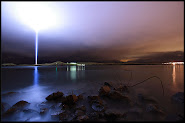








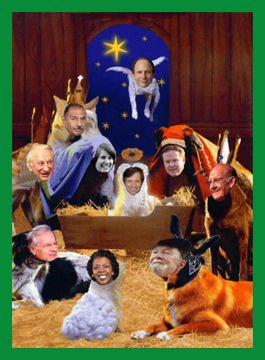
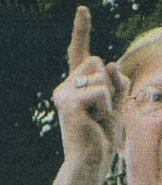

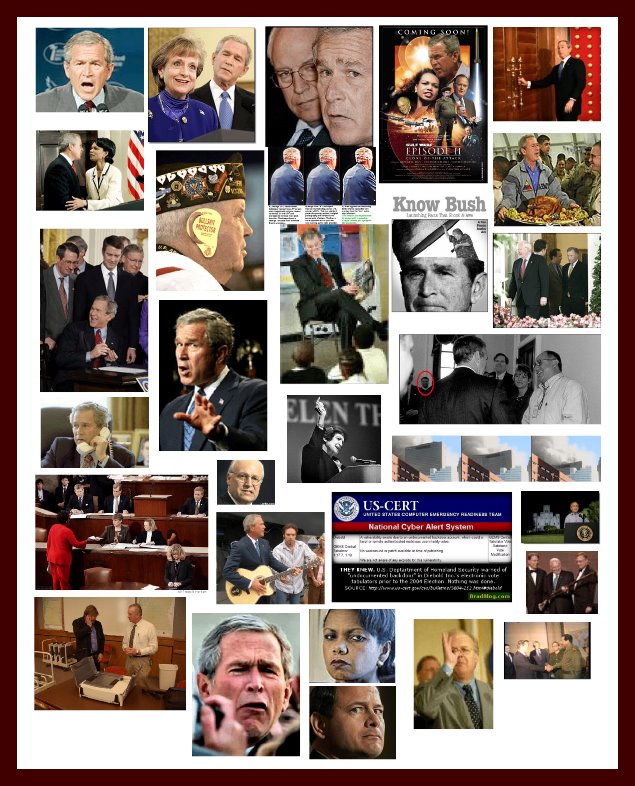
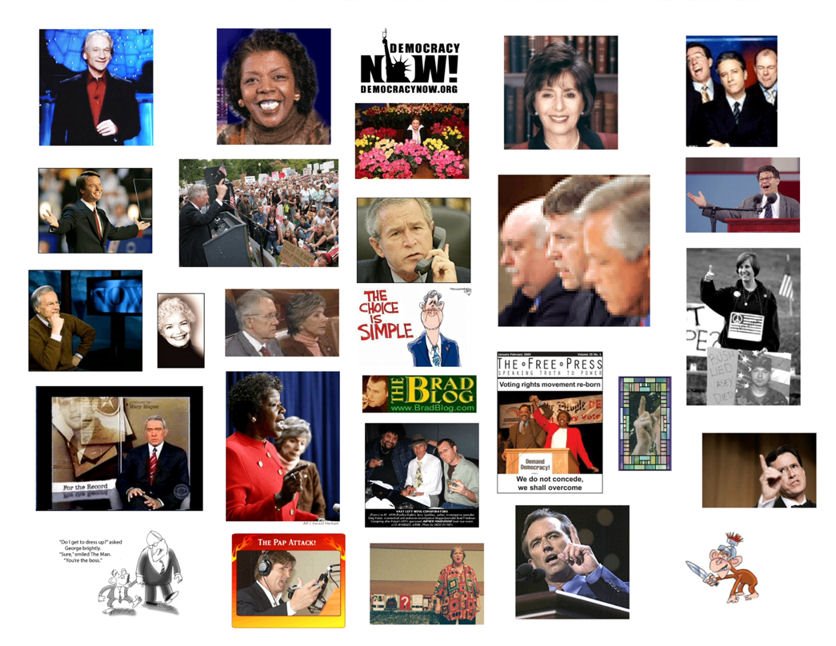

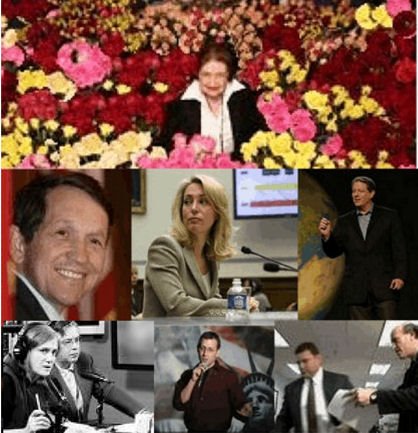
No comments:
Post a Comment